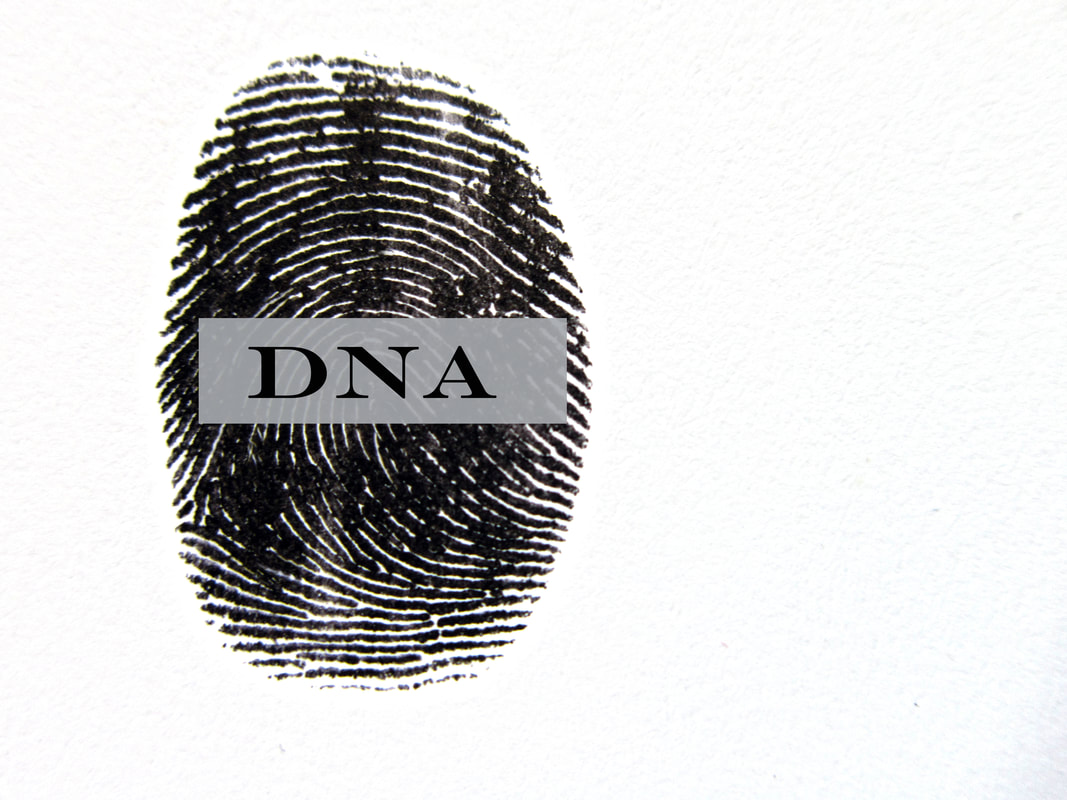|
The Legal Aid Society filed a federal class-action lawsuit against the New York City Police Department and top city officials, claiming that the NYPD has been operating “an illegal and unregulated DNA database in violation of state law and constitutional protections against unreasonable searches,” the New York Times and The Associated Press report.
The suit calls for DNA profiles that were collected unlawfully to be expunged — sometimes from individuals as young as 12-years-old — and for the database to be completely shut down. Take Shakira Leslie, a 26-year-old hairstylist who was in the backseat of a car when her friend who was driving got pulled over, according to the New York Times. Eventually, officers found a gun in another passenger’s bag, and everyone in the car was arrested and charged with weapon possession. Leslie was later released and the charges against her were dropped — but weeks later, Leslie learned that the police had taken a cup from the car and collected her DNA to fully determine whether or not she had handled the gun. Now, that DNA sample lives in a city database with tens of thousands of profiles — even though that night three years ago was the only time she had ever been arrested. “I was shocked, upset. I just felt violated,” Leslie told the New York Times. “I completely lost trust for the NYPD.” Phil Desgranges, a lawyer in the Special Litigation Unit at Legal Aid, sympathizes with Leslie’s pain. “Thousands of New Yorkers, most of whom are Black and brown, and many of whom have never been convicted of any crime, are illegally in the city’s rogue DNA database,” Desgranges told the New York Times. “We simply cannot trust the NYPD to police itself, and we look forward to judicial review of these destructive practices to bring our clients the justice they deserve.” See Also: Privacy & Policing: Does Your DNA Need a Lawyer? The ‘Rouge’ DNA DatabaseAdvocates argue that this lawsuit is a longtime coming — noting that the DNA being collected isn’t just at the scene of an incident, but it’s often happening right in the precinct itself. According to the lawsuit, the police routinely offer people being questioned a beverage, a cigarette, or chewing gum. Their DNA is then taken from those items, and added to this “rouge” database acting as a “suspect index” used to test for all past and future crimes — often without obtaining a warrant or court order to conduct these collections and searches, the Associated Press reports. After receiving lots of heat from advocacy groups and elected officials, the NYPD last month vowed it would review and reduce the number of DNA files it stores with the city‘s medical examiner office. At the time, the department said it had about 32,000 such files, NY1 News details. “What we have seen is that the numbers have actually gone up. They have not declined at all,” Terri Rosenblatt, Supervising Attorney of The Legal Aid Society’s DNA Unit told NY1 News, adding, “That number is now at more than 33,000.” What’s even more startling, Rosenblatt says, is that the DNA database is holding samples from individuals as young as 12-years-old who have had their DNA taken from them after being given a soda or a snack while in a precinct. Nicholas Paolucci, a spokesperson for the city law department, said Tuesday that the department would review the lawsuit. “The local DNA database complies with all applicable laws and is managed and used in accordance with the highest scientific standards set by independent accrediting bodies that have regularly reapproved the existence of the database,” the chief medical officer’s office said in a statement, as quoted by the Associated Press. In a prepared statement, the NYPD said, as quoted by NY1 News, “The NYPD and OCME have been working together on a slate of reforms to the DNA database toward the shared mission of fairness in the criminal justice system while also ensuring the ability to solve crimes and bring justice for victims. This work is ongoing.”
0 Comments
Leave a Reply. |
HISTORY
April 2024
Categories |
© Walk 4 Change. All rights reserved.


 RSS Feed
RSS Feed